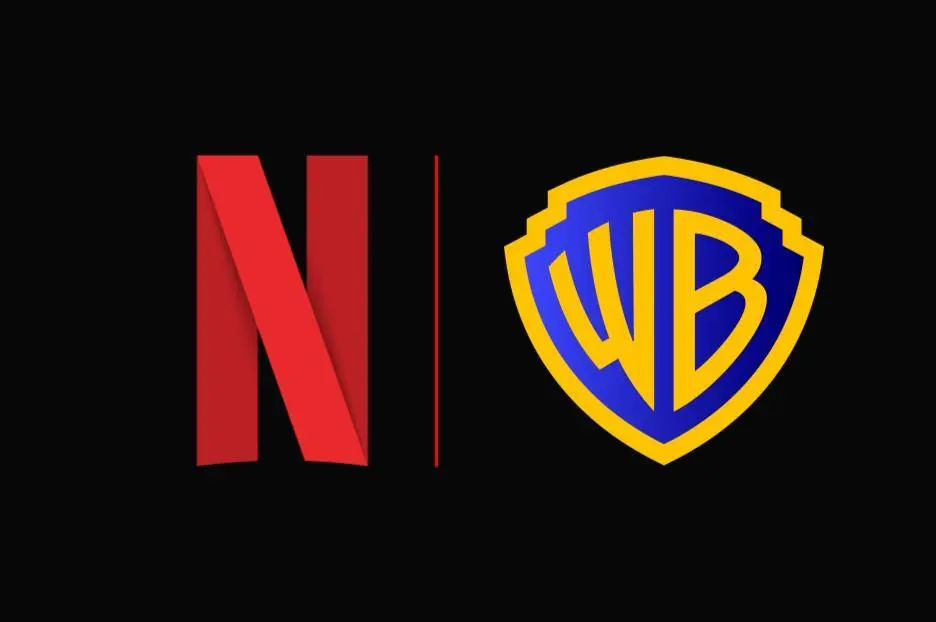Entrepreneurial Highlight: Lynn Solar

Jun 30 | 2017

In this series we will be highlighting burgeoning entrepreneurs in the modern era. These are folks who have taken the risk of quitting their conventional jobs in pursuit of their passions. This is a difficult road that many never find the courage to venture upon, but the rewards are so worth it, and as you know, no risk, no reward, know risk, know reward.
This episode focuses on actress, recording artist and musical sensation Lynn Solar. After obtaining her masters degree and teaching kindergarten, Lynn decided to jump off the beaten path and follow her passion. She maximizes her time by using the gig economy to it’s fullest potential and then enjoys the freedom to set her calendar based on her needs and objectives. We talk about time management and what it feels like to jump out there on your own. She’s a powerful voice for women and entrepreneurs everywhere.
Which Apps Do You Use?
I use, FB, IG , Twitter, Soundcloud, youtube, Gmail, Google drive.
Do you Remember Your First Day? What Were You Feeling?
My first day I remember feeling like a deer-in-headlights! my eyes popped up early in the morning and I thought “oh my god! did I really just do that?! did I really quit my job?! am I really “full-time me”. and then I said “Okay God what are we going to do today? and I took that day or two to just chill reflect, refocus and reset for the next stage of my journey. I was both excited for this new found freedom that i created and afraid. But I had developed this phrase ” I am more Faithful than afraid.” and truly I was more afraid of staying in a situation that no longer fit for me than anything. So i knew it was time to take the leap.
What Were You Doing Before? What Made You Want To Try Something New?
For the past 5 years I was working in the field of Education while simultaneously building my career in music and acting. I took on this artist life 6 years ago to fulfill my need to pursue a powerful living to be happy doing what I loved to do. so while I have been thinking all of my life it wasn’t until I graduated with my Master’s Degree and had been a Pre-K teacher for a year that I realize that that profession would not sustain me long term. So my sorority sister, sister-friend, who is also my business manager and I got together and created a plan which was the very beginnings of my brand development.
How Do You Balance Your Time?
Ha! not very well it seems sometimes laugh out loud. I use my calendar for everything from business items to social events to even my rest time. it keeps me from getting overbooked, although I still put too many things on my calendar. but generally I make sure that I don’t go too many days without taking a break schedule rest times at random times of the day sometimes whole days sometimes just five or six hours at the end of the day. I use the Do Not Disturb function on my phone so in the evenings too late mornings my phone doesn’t make any noises or interruptions from text messages or phone calls. And I make sure that after a few days and so that I schedule time to spend with family and friends.
Tell Me About Your Business…
My business I am a singer-songwriter artist and actress. my brand focuses on encouraging others to be their own superhero! That they have everything they need to have the life and to Chase the dreams they desire, right now. I encourage people to live fully and partly. Solar powered is what I call it. my brand is a ” power brand”.
How Much Time Per Week Would You Say You Get To Dedicate To Your Craft?
Unfortunately I do not spend enough time or as much time as I would like in my craft. I’m even embarrassed to say how many hours. I have been self-employed four eight months now and I’m still trying to figure it all out. Some days I’m so excited everything is going the way i want it, i am Slaying the day. I have these Amazing Music days where I start my mornings off just the way I want it where I don’t have to go anywhere and all there is is just me in my home office- the “Solverse” listening to music, doing vocal exercises, learning new songs, learning how to play the guitar, And playing around with my vocal technique. And then some days I feel like I’m failing. my business tasks and odd jobs takes up a lot of my time and by the end of those day I’m often tired and stressed. If I had it my way I spend 40 hours a week at least on my craft. I want to sleep and breathe music!
What Else Do You Like To Do With Your Free Time?
In my free time I love trying to restaurants I love cooking new recipes. I love exploring my city like a tourist, I love spending full day’s binge-watching movies. I reeaaaaally love solo travel it helps me clear my mind. And I love when I can take the time to visit with friends especially those with babies! Babies make me happy they make me feel like everything is right in the world.
Any Advice For People Wanting To Follow A Similar Path?
My advice would be to take your time exploring what you truly want to do. it will be the thing that makes your heart leap and soar! make the first step now, know that you have whatever you need to start right now. ask a lot of questions, connect with others in the music industry and connect as a make friends with them, find people that share and expand your mindset & interests. share with everyone you know about what you’re up to it will help you find your tribe and guide you to someone or some resource that you may need. When you get overwhelmed stop and take a break. catch a breath do something you love to do and then get back to work. And if you ever question who you are or the next step in your process, pray, ask the universe, and then meditate on it. the answers will show up for you. Most importantly do not quit.










